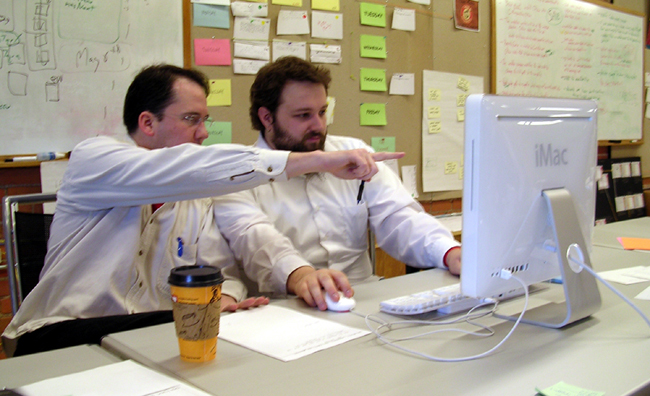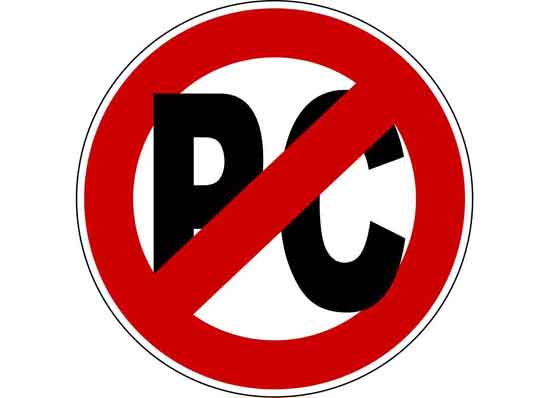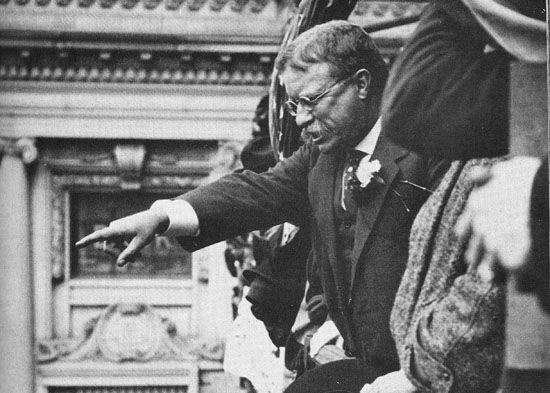Tuesday was not my best day. I fumbled through a job interview in the afternoon, and my 14-year-old car’s transmission died.
One bright spot was seeing the following post online from Daily Kos’ own Paul Hogarth (with his permission):
I am not the same person I was 20 years ago—and after years of working on campaigns and building for progressive change have learned that politics is much, much harder than what the thrill of tonight’s victory may seem. I also have my doubts about a campaign like Bernie Sanders really making change in this country.
But tonight is a cautionary tale for people like me to not let your “wise skepticism” give way to cynical despair. Always keep the fire burning for young, idealistic causes—because progressive change requires people who demand the unreasonable.
We just need to remember that the impossible may take a while, and that—win or lose—a positive, idealistic campaign that brings new people into politics must figure out how to outlast an election.
Here’s a reality-check for Bernie supporters: Yes, he beat the odds tonight with Michigan. But Hillary’s landslide victory in Mississippi means that, on balance, the gap in delegates has likely widened.
So be happy tonight, celebrate. You deserve it. But figure out a way to make sure this victory lasts beyond the Michigan primary, and that even if Bernie fails to win the nomination you can channel that movement into a political infrastructure that will improve America.
Paul’s post is brilliant.
It bridges the gap between a couple of groups who may be currently aligned against each other. It doesn’t pit idealism vs. pragmatism. Instead, it says, “We need both.”
It brings people together rather than dividing them, and it immediately picked me up. I shared it with my small group of Bernie supporters to say, “Congratulations!” after the Michigan win—and also to remind us that even Bernie is saying this is bigger than him.
I think real change is going to take one million leaders. One million people like Paul who understand the game being played against us, and know how to bring people together from many tribes.
Here are a few thoughts on why this is so crucial, and what this might look like.
[caption id="attachment_2010" align="aligncenter" width="550"]

A hose-team leader instructs the team to relieve the nozzleman during a general quarters (GQ) drill aboard USS Abraham Lincoln (U.S. Navy/Wikimedia).[/caption]


















